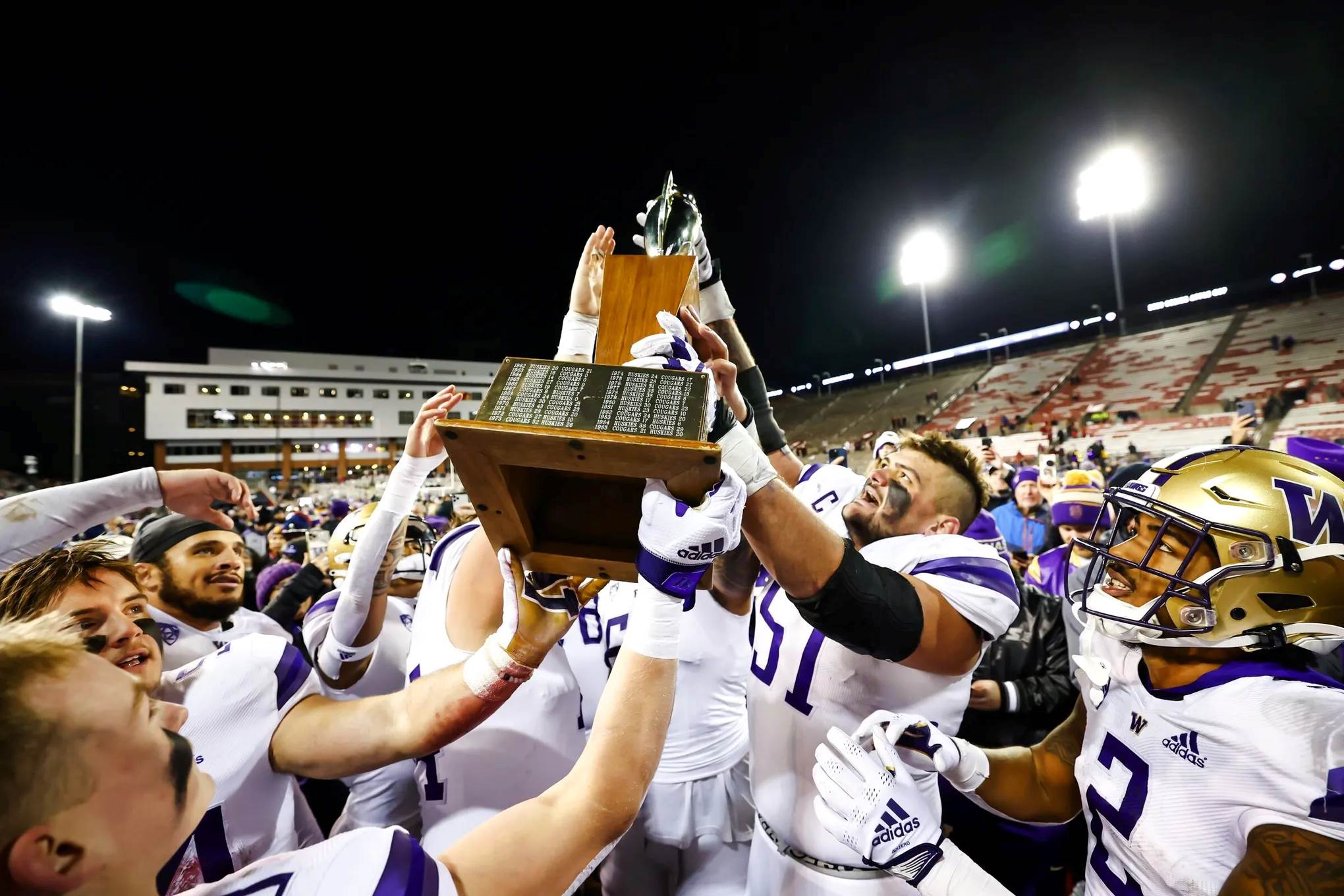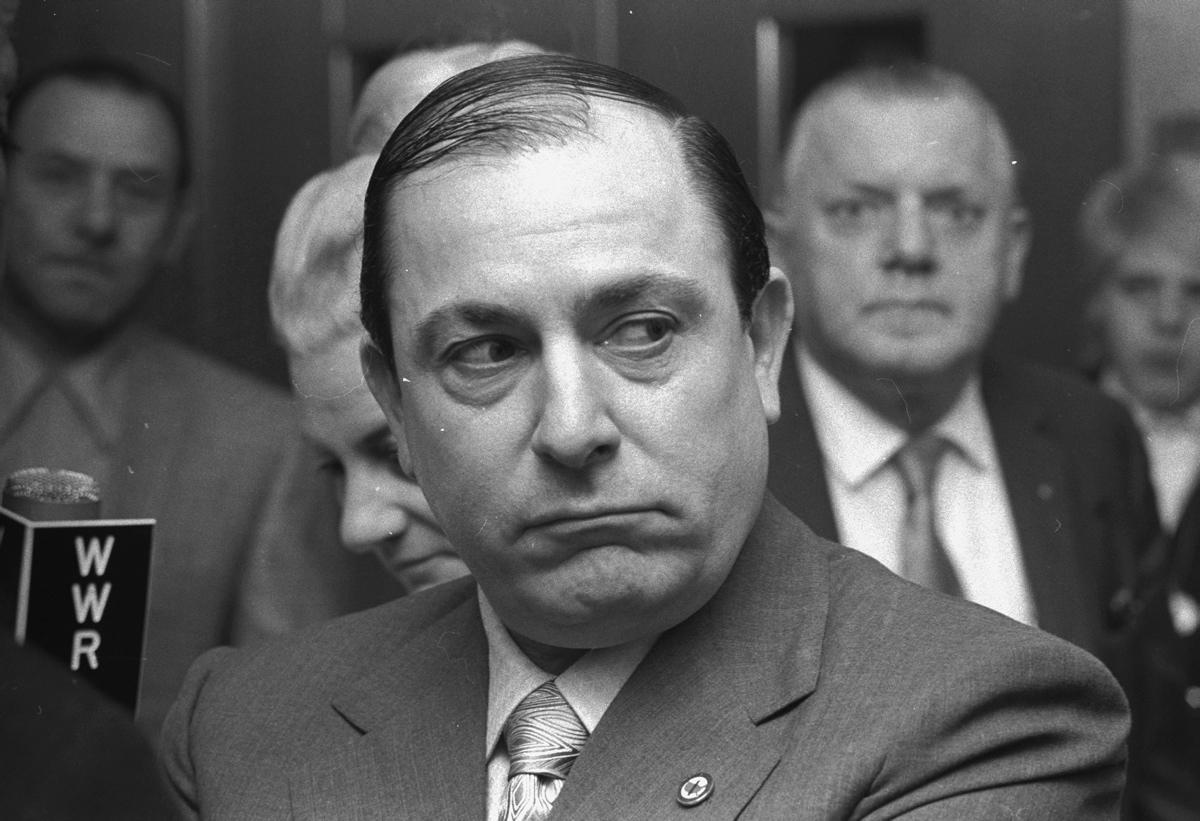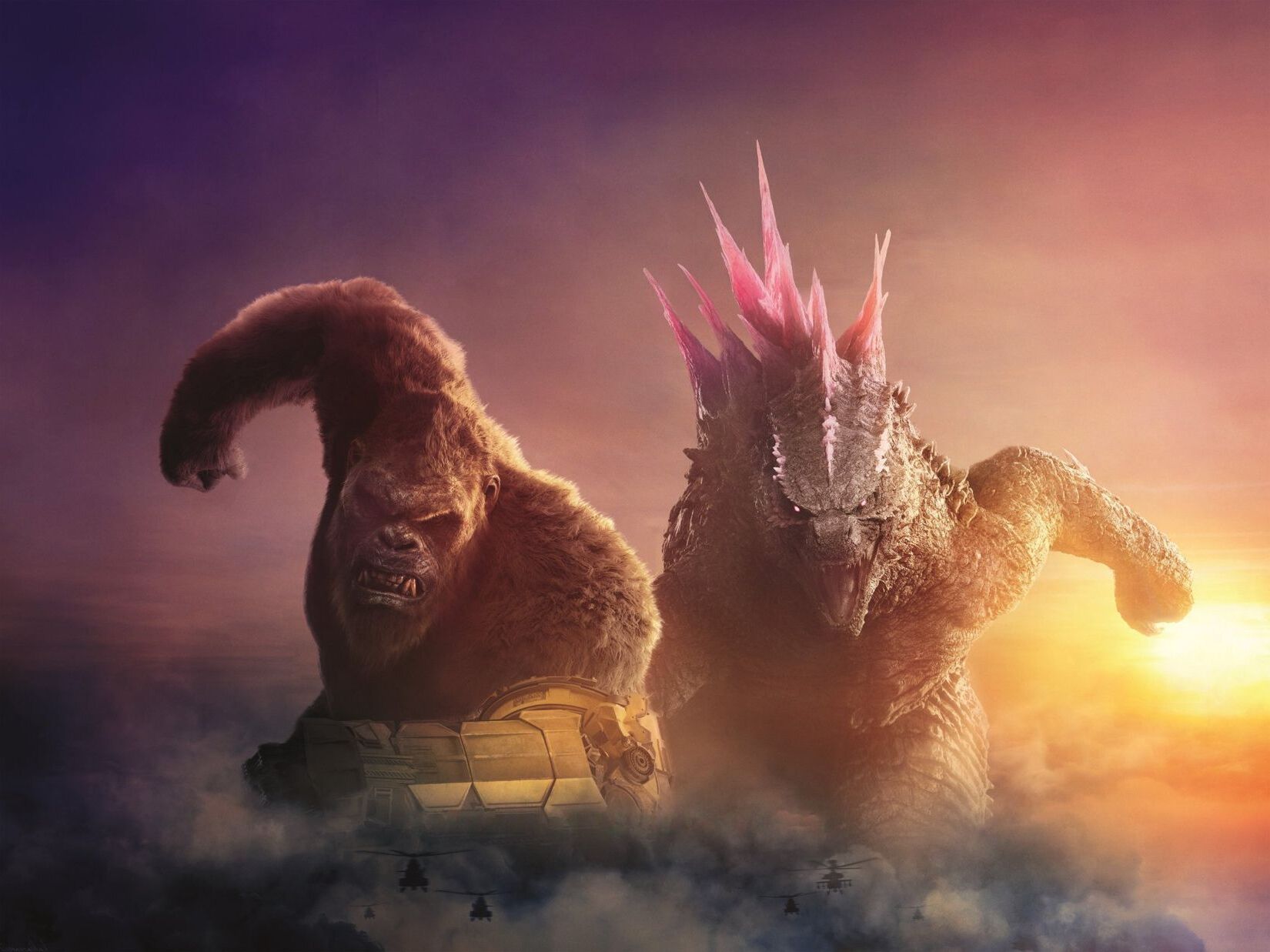
What makes the Apple Cup one of the most iconic rivalries in American college football? The Apple Cup, a fierce showdown between the University of Washington Huskies and the Washington State University Cougars, has captivated fans for over a century. This storied rivalry began on November 30, 1900, ending in a 5-5 tie, and has since evolved into a cultural phenomenon. From its early days as the UW-WSC football game to the introduction of the Big Apple Trophy in 1963, the Apple Cup symbolizes Washington's rich football heritage. With passionate fans, historic moments, and intense competition, the Apple Cup remains a highlight of the college football season.
Key Takeaways:
- The Apple Cup is the oldest rivalry game in Washington state, with a rich history dating back to 1900. It has evolved, impacting local communities and shaping the spirit of college football.
- The game isn't just about football; it's about traditions, mascots, and fan loyalty. The Apple Cup has seen memorable moments and player experiences, adding to its enduring legacy in American college football.
The Origins of the Apple Cup
The Apple Cup is a storied rivalry that has captivated fans for over a century. Let's dive into the rich history and fascinating facts about this iconic college football game.
-
First Meeting: The first Apple Cup game took place on November 30, 1900, ending in a 5-5 tie. This marked the beginning of a long-standing rivalry.
-
Historical Significance: With a history spanning over 124 years, the Apple Cup is the oldest rivalry game in Washington state.
-
Initial Name: Initially, the game was simply referred to as the UW-WSC football game until the 1960s when it gained its current name.
-
Rivalry Evolution: Over the years, the rivalry has evolved, with games played in various locations, including Seattle, Pullman, and Spokane.
The Trophies and Traditions
The Apple Cup isn't just about the game; it's also about the traditions and trophies that have become synonymous with this rivalry.
-
Governor's Trophy: The first trophy awarded was the Governor's Trophy, created by sculptor Dudley Pratt in 1934. This bronze shield was donated by Governor Clarence D. Martin.
-
Big Apple Trophy: In 1963, the Big Apple Trophy was introduced, symbolizing Washington's reputation as a major apple producer.
-
State Fruit Recognition: During Washington's centennial celebration in 1989, the apple was officially recognized as the state fruit.
-
Traditional Date: Traditionally, the Apple Cup was played on the Saturday before Thanksgiving. However, the date has varied over the years due to changes in the NCAA schedule.
Hosting Locations and Scheduling
The Apple Cup has been hosted in various locations and has seen changes in its scheduling over the years.
-
Modern Schedule: From 2011 to 2023, the game was most commonly held on the Friday after Thanksgiving. The 2024 game is scheduled for Saturday, September 14 at Lumen Field in Seattle.
-
Hosting Locations: The game has been hosted at Husky Stadium in Seattle, Rogers Field and Martin Stadium in Pullman, and Joe Albi Stadium in Spokane.
-
Eastern Washington Games: From 1935 to 1948, the games were held in mid-October in Pullman, with an exception in 1945 when two games were played.
-
Trophy Presentation: The winner is awarded the Big Apple Trophy by the state's governor at the conclusion of the game.
Series History and Memorable Moments
The Apple Cup has a rich series history filled with memorable moments and significant impacts on the teams involved.
-
Series History: The teams have played each other continuously since 1945, except for the 1943-1944 seasons due to World War II.
-
COVID-19 Impact: The 2020 game was cancelled due to the COVID-19 pandemic, marking a rare interruption in the series.
-
Game Impact on Teams: The Apple Cup often determines the outcome of the teams' seasons and conference standings.
-
Fan Enthusiasm: The rivalry is deeply ingrained in the culture of both universities, with passionate fans attending every game.
Historical Games and Player Moments
Some games and player moments have become legendary, adding to the lore of the Apple Cup.
-
Historical Moments: The series has seen numerous historic moments, including the first game's tie and the introduction of the Big Apple Trophy.
-
Trophy Etchings: The Governor's Trophy featured etchings of the winners from 1934 to 1939. The Big Apple Trophy, however, does not have etchings.
-
Game-Day Atmosphere: The games are known for their electric atmosphere, with fans creating a lively and intense environment.
-
Media Coverage: The Apple Cup has received extensive media coverage over the years, with many games broadcast nationally.
Fan Traditions and Loyalty
The Apple Cup is more than just a game; it's a cultural phenomenon with deep-rooted traditions and loyal fans.
-
Rivalry Impact on Players: Players often speak about the intense rivalry and how it motivates them to perform better on the field.
-
Historical Games: Some of the most memorable games include the "Three Great Games" of the early 1960s, which set the stage for future rivalries.
-
Missildine's Label: Spokane Spokesman-Review Sports Editor Harry Missildine dubbed the early 1960s games as the "Three Great Games."
-
Early 1960s Games: The first of these games was played in 1960 at Joe Albi Stadium in Spokane, where the Huskies won 8-7.
Mascots and Traditions
Mascots and traditions play a significant role in the Apple Cup, adding to the game's unique charm.
-
Cougar Mascot: Washington State University adopted the Cougar as their mascot in 1919, while the University of Washington adopted the Husky in 1922.
-
Trophy Evolution: The Governor's Trophy was used until at least 1946, after which the Big Apple Trophy became the standard.
-
Game-Day Traditions: Both teams have their own traditions and rituals surrounding the Apple Cup, adding to the game's cultural significance.
-
Fan Loyalty: Fans of both teams are known for their unwavering loyalty, often traveling long distances to attend the games.
Attendance and Game-Day Experience
The Apple Cup offers a unique game-day experience, with varying attendance and a festive atmosphere.
-
Historical Attendance: Rogers Field at WSU had a capacity of barely over 20,000 in the early days, while Joe Albi Stadium in Spokane had a capacity of about 36,000.
-
Attendance Variations: Attendance has varied over the years, with some games drawing larger crowds than others. The 1970 game in Spokane was played in 13-degree weather, which might have contributed to lower attendance.
-
Game-Day Experience: Attending an Apple Cup game is unique, with fans creating a festive atmosphere that includes tailgating, marching bands, and pre-game ceremonies.
-
Impact on Local Communities: The Apple Cup significantly impacts local communities, with both Pullman and Seattle experiencing increased activity and tourism during game weekends.
Media and Memorable Moments
Media coverage and memorable moments have helped shape the Apple Cup's legacy.
-
Media Jokes: The 2008 game, which saw WSU host winless UW, was jokingly referred to as the "Crapple Cup" and "full of worms" due to the teams' poor records.
-
Renovation Impact: The 2011 game was moved to CenturyLink Field to allow for renovations at Husky Stadium, highlighting the logistical challenges faced by both teams.
-
Game-Day Logistics: Hosting the Apple Cup involves complex logistics, including coordination among universities, local authorities, and media organizations.
-
Fan Traditions: Fans have their own traditions, such as the "Cougar War Dance" performed by Gary Larsen in 1972, adding to the game's folklore.
Player Memories and Historical Moments
Players and fans alike have vivid memories of the Apple Cup, with certain moments becoming legendary.
-
Player Memories: Players from both teams often have vivid memories of their Apple Cup experiences, which can be both positive and negative.
-
Historical Player Moments: Moments like Gary Larsen's sack of Sonny Sixkiller in 1972 are etched in the memories of fans and players alike.
-
Trophy Presentation Ceremony: The trophy presentation ceremony is an integral part of the game-day experience, with the governor presenting the Big Apple Trophy to the winning team.
-
Enduring Legacy: The Apple Cup has an enduring legacy in American college football, symbolizing the spirit of competition and camaraderie between two of the state's largest universities.
The Enduring Legacy of the Apple Cup
The Apple Cup stands as a testament to the rich history and fierce rivalry between the University of Washington Huskies and the Washington State University Cougars. From its humble beginnings in 1900 to the modern-day spectacle, this game has captivated fans for over a century. The Big Apple Trophy, the Governor's Trophy, and the intense competition have created countless memorable moments. The game’s impact on local communities, the electric game-day atmosphere, and the passionate fan base make it a cultural phenomenon. Despite challenges like World War II and the COVID-19 pandemic, the Apple Cup remains a highlight of the college football season. Its legacy continues to grow, symbolizing the spirit of competition and camaraderie between two of Washington's largest universities. The Apple Cup isn't just a game; it's a cherished tradition that unites fans and players alike.
Frequently Asked Questions
Was this page helpful?
Our commitment to delivering trustworthy and engaging content is at the heart of what we do. Each fact on our site is contributed by real users like you, bringing a wealth of diverse insights and information. To ensure the highest standards of accuracy and reliability, our dedicated editors meticulously review each submission. This process guarantees that the facts we share are not only fascinating but also credible. Trust in our commitment to quality and authenticity as you explore and learn with us.


